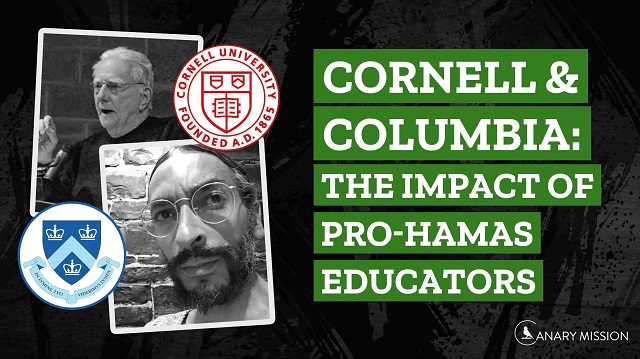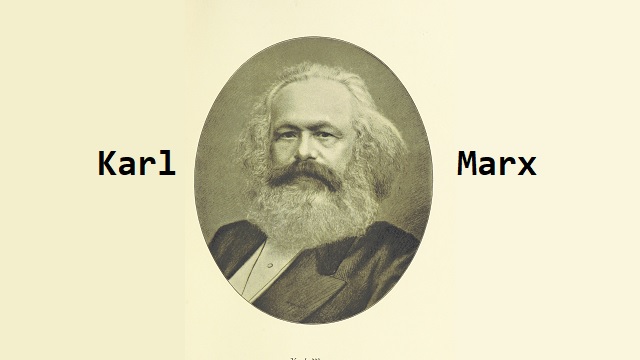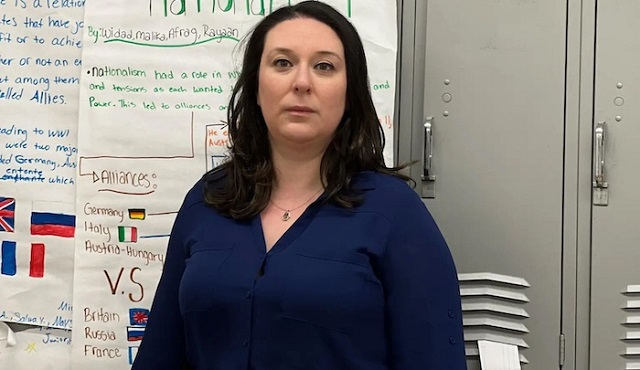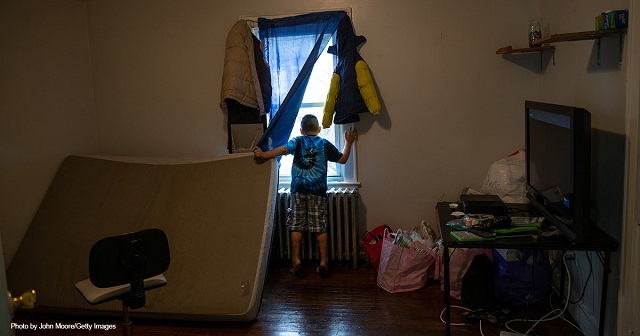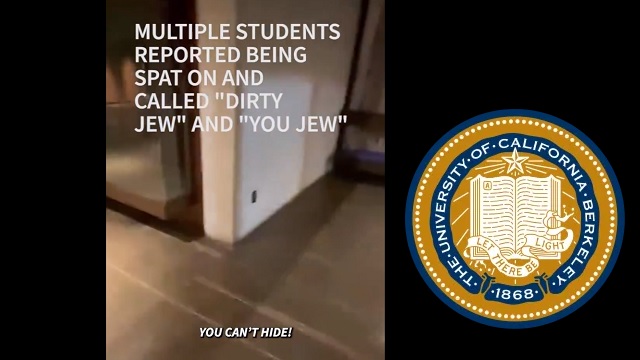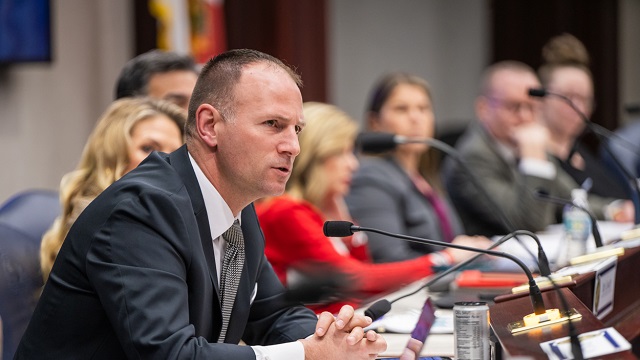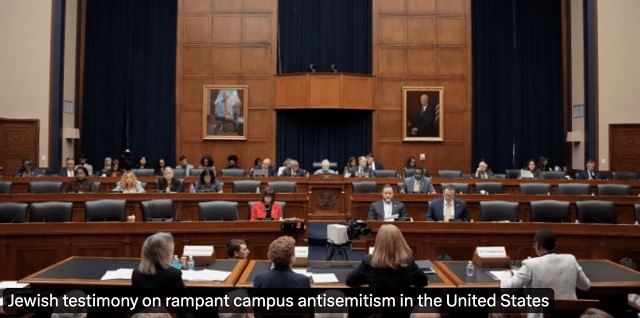Saving American Children, a.k.a. Saving America. – Part 1

We all agree that “Our children are our future.”
However, many of us then make the fatal mistake of saying something like: “Yes, but it’s a long way off before they will have an impact on the country, and I have more pressing things to attend to now.”
This single critical error is a primary reason why our country has been going downhill over the last few decades. Fact 1: we are losing to the Left. Fact 2: the main reason why is that Left is playing a very effective, long game.
The long game the Left is engaging in means that they plan to gradually subvert our country over a few decades — while we are attending to other matters. Their subversion is across the board: our education system, our values, our civility, our Science, our economy, our executive branch, our legislature, our judicial system, etc.
I’ve recommended this before, but it is worth repeating: PLEASE WATCH THIS FIVE MINUTE VIDEO, as it spells it out very clearly.
AGENDA – Grinding America Down (Trailer 2) from ChristianRemix on Vimeo.
We are like live lobsters in the pot where the temperature is gradually being turned up.
Consider one astounding reality… Fact 1: Some four million US students graduate from US high schools every year. Fact 2: a conservative estimate is that some three million of those graduates are heavily propagandized with Left ideology, and have almost no Critical Thinking skills. Fact 3: Most of these propagandized, non-critical thinking people will shortly become voting citizens.
How long can America survive with 3± million new voters every year, who have been propagandized with Left ideology and who have no Critical Thinking skills???
Parents are our first line of defense!
With the above understanding, what should be the objectives of conscientious parents, in bringing up their children?
Good question, as this is a highly debated topic. Many hundreds of books have been written on this matter. Some of the better ones are by John Rosemond.
One common answer to this question is that parents should teach their offspring to be productive, happy adults. Sounds good, but what does that translate to?
Let me suggest 5 major objectives that quality parents would want to teach their kids:
- How to Think (being a Critical Thinker),
- Strong Values (e.g., Judeo-Christian standards),
- Useful Knowledge (covering a wide range of life topics),
- Good Habits (like brushing their teeth), and
- Worthwhile Skills (like knowing how to cook).
Let me posit further that the most important one is the first!
Considering things carefully, ALL of the others actually depend on the ability to do Critical Thinking! Conversely, a Critically Thinking child will not only do better on each of the other items, but will need less parental involvement with them as well.
Let’s say, for example, that your top priority is Christian values — like going to Church on Sunday. That’s an admirable start, but will your child continue to attend weekly Church services after they have left the nest?
IMO, unless they have done Critical Thinking about the merits of going to Church (vs. doing it because they were told to, or out of habit), they are very likely to stop. Is that what you want? Is that what you would call success?
How does a parent instill Critical Thinking in their children?
STEP ONE is parents understanding the importance of this special skill. Please read this list of amazing benefits of your child being a Critical Thinker.
STEP TWO is understanding that it is very unlikely that your child is being taught to be a Critical Thinker in school — especially public. Worse, it is almost certain that they are being taught the OPPOSITE of being a Critical Thinker!
What? Yes, that is what is happening in the majority of K-12 schools, during the most formative years of their life. As I’ve written before, the appropriate subject area for children to be taught HOW to be a Critical Thinker, is Science. That’s because real scientists are people who instinctively ask questions: who? when? why? An essential ingredient of being a Critical Thinker is to ask questions when non-parents (teachers, older kids, media, authorities, etc.) are telling them something.
Why have I excluded parents? It’s because those people have a very special love for their children. No one else has this same commitment. As a result, children should never question parental authority. (That understood, children can certainly respectfully question parental opinions on things like politics, religion, etc.)
So how are schools teaching the opposite of Critical Thinking? The opposite is to be a robotic lemming. Schools are teaching children that they should: be politically correct, follow the advice of experts (e.g., re COVID), accept the conclusions of computers (e.g., re climate), go along with consensus (e.g., secularism), believe that reality is what is on the Internet and social media, etc.
That’s one of the main reasons I’m so opposed to the Next Generation Science Standards that have been totally (or mostly) adopted by 49 states! The progressive NGSS is a key part of the K-12 curriculum, and it is teaching conformance and compliance, not Critical Thinking.
STEP THREE is like many other things: parents teach Critical thinking by setting a good example. Actions are more impactful than words. Show your children how to constructively question what they see on their screens, by the parents doing the same for what is on TV, in the newspaper, on the Internet, etc.
STEP FOUR is to help them perfect this skill by doing some real-world exercises. For example, some parents have told me that they ask their teenager to read my twice-a-month Newsletter. Then the child picks one of the dozen or more topics covered by the Newsletter to discuss. The parent then chooses one of the articles in that section.
Twice a month they set aside at least 30 minutes for some parent-child private time, with no interruptions (which is a good thing in itself). The child then reads the article out loud to the parent, and they discuss what’s good (or bad) in the article. This provides an outstanding opportunity to see that your child is somewhat up on current events, and from a reliable source.
Further, it provides the parent a glimpse of their child’s thinking on this topic, as well as being an outstanding opportunity for the parent to share with their child their perspective on an important societal issue. And, of course, this happy event is also about Critical Thinking — e.g. conversing with your child how this article compares to what she has seen in the media, or taught in school, or heard from their friends, etc.
For pre-teens these are good: How to Teach Your Child to Be a Critical Thinker, Four Strategies for Sparking Critical Thinking in Young Children, and Critical thinking is a 21st-century essential — here’s how to help kids learn it.
For anyone with refinements of this exercise — or other effective ways to teach children to be Critical Thinkers — please post them in the comments below.
Some sample reference material:
- Report: The Key to Fixing the US Education System (an in-depth report)
- Report: Critical Thinking: What It Is and Why It Counts
- Website: The Foundation for Critical Thinking and their Library for Everyone
- There’s a Better Way to Teach Critical Thinking: 9 Rules of Thumb
- Eight Instructional Strategies for Promoting Critical Thinking
- Yes, We Can Define, Teach, and Assess Critical Thinking Skills
- The Best Resources on Teaching and Learning Critical Thinking in the Classroom
- 100 Brief Tips and Findings Regarding Critical Thinking
- The Case for Critical Thinking…
- The Scientific Method: Critical Thinking at its Best
PS — I’ll publish Saving American Children – Part 2 in a few days. It will be about the role of the K-12 education system in saving America.
©2024. All rights reserved.
Here are other materials by this scientist that you might find interesting:
Check out the Archives of this Critical Thinking substack.
WiseEnergy.org: discusses the Science (or lack thereof) behind our energy options.
C19Science.info: covers the lack of genuine Science behind our COVID-19 policies.
Election-Integrity.info: multiple major reports on the election integrity issue.
Media Balance Newsletter: a free, twice-a-month newsletter that covers what the mainstream media does not do, on issues from COVID to climate, elections to education, renewables to religion, etc. Here are the Newsletter’s 2023 Archives. Please send me an email to get your free copy. When emailing me, please make sure to include your full name and the state where you live. (Of course, you can cancel the Media Balance Newsletter at any time – but why would you?

